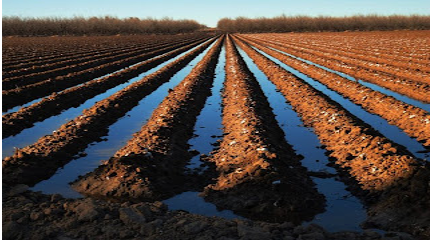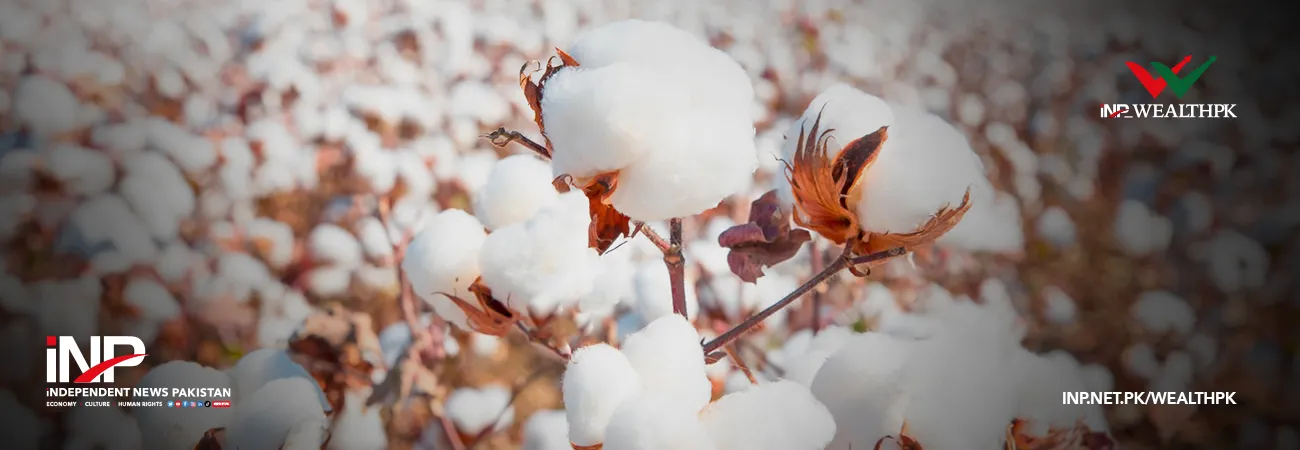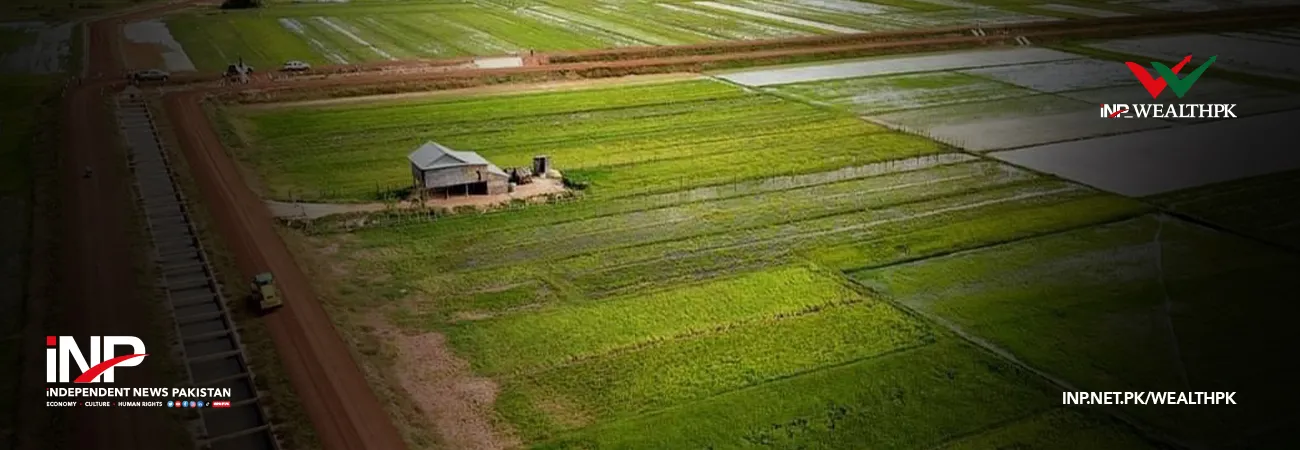INP-WealthPk
Qudsia Bano
Punjab has set an ambitious target of cultivating one million acres for early cotton sowing, with experts predicting significant yield improvements if farmers receive timely support and have access to quality inputs.

The provincial government has announced a comprehensive strategy to achieve this goal, including financial assistance of Rs25,000 per acre and strict monitoring of agricultural inputs to ensure their availability. Experts believe that early cotton sowing could be a game-changer for Pakistan’s struggling cotton sector, which has faced severe setbacks in recent years due to climate change, pest attacks, and inconsistent policies.
Dr Muhammad Nawaz, an agricultural scientist at the National Agricultural Research Centre (NARC), emphasised that early sowing allows cotton plants to mature before the peak monsoon season, reducing crop damage caused by excessive rainfall and pest infestation. He noted that regions, where early sowing has been successfully implemented, had witnessed an increase in both yield and fibre quality.
Agricultural economists stress that achieving the one-million-acre target requires a well-coordinated approach, including access to high-quality seeds, fertilizers, and pesticides. Talking to WealthPK, Dr Ali Raza, a senior scientific officer at NARC, highlighted that early sowing is particularly beneficial in mitigating the impact of climate change, as rising temperatures have shortened the growing season for many crops.
He pointed out that with proper extension services and awareness campaigns, farmers can maximise their output and contribute to the revival of Pakistan’s cotton industry. The Punjab government has identified six divisions as suitable for early sowing, with district, tehsil, and divisional-level cotton management committees formed to oversee the implementation of the plan.
These committees are tasked with ensuring that farmers receive timely guidance and access to essential resources. Additionally, the government has reinforced monitoring mechanisms to prevent the sale of substandard seeds and fertilizers, a longstanding issue that has hurt cotton productivity in the past. Industry stakeholders also view this initiative as a step toward revitalising Pakistan’s textile sector, which heavily relies on domestic cotton production.
With experts backing the initiative and the government taking proactive measures, Punjab’s early cotton sowing drive has the potential to transform the cotton industry. If executed effectively, it could not only boost yields and farmer incomes but also enhance Pakistan’s position in the global cotton market, reducing reliance on expensive imports and strengthening the domestic textile sector.
Credit: INP-WealthPk













